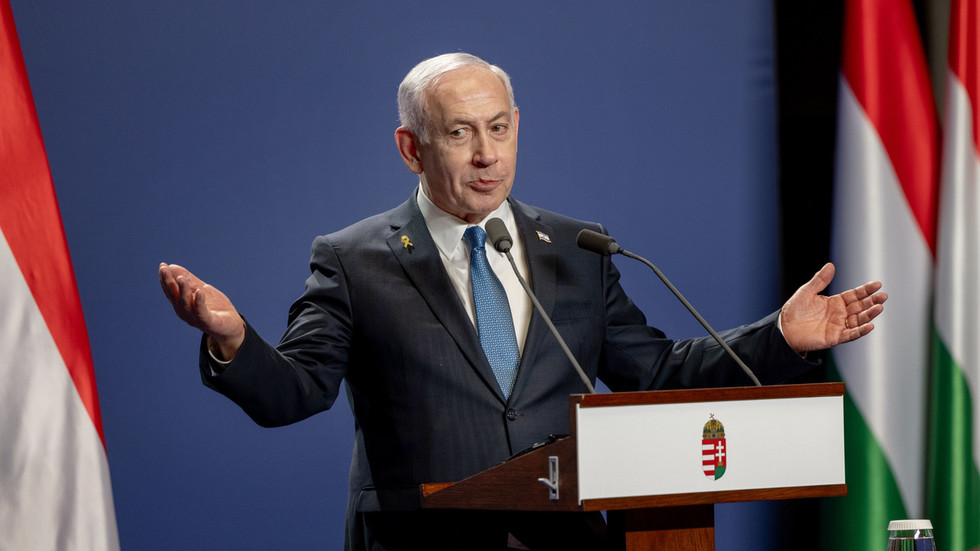Israeli Prime Minister Netanyahu Visits Hungary Amid ICC Arrest Warrant
2025-04-03T14:54:36.000Z

The Israeli Prime Minister, Benjamin Netanyahu, has made headlines with his visit to Budapest, Hungary, despite an arrest warrant issued against him by the International Criminal Court (ICC). This visit raises significant legal and diplomatic questions, as Hungary has been obligated to cooperate with the ICC following the issuance of the warrant.
The ICC issued arrest warrants for Netanyahu and former Israeli Defense Minister Yoav Gallant back in November. These warrants are connected to alleged war crimes and crimes against humanity related to Israel’s ongoing military operations in Gaza. Netanyahu's arrival in Hungary on Thursday came just as the country declared it would not detain him, reflecting the contentious relationship between Hungary and the ICC.
On the same day, Hungarian Prime Minister Viktor Orban announced that Hungary would begin the formal process of withdrawing from the ICC, a move he justified by claiming that the court had transformed into a “political tool” in recent years. This decision has broader implications for international law and accountability, given that the ICC is designed to address serious crimes such as genocide, war crimes, and crimes against humanity.
During a press briefing later that day, ICC spokesman Fadi El Abdallah reiterated the court's position, stating, “the court recalls that Hungary remains under a duty to cooperate with the ICC.” This statement underscores the tensions between national sovereignty and international legal obligations.
According to reports from Reuters, Hungary's withdrawal from the ICC could take up to a year to complete. Hungary signed the Rome Statute, which established the ICC, in 1999 and ratified it in 2001. The Rome Statute, which has been signed by 123 countries, provides the legal framework for the ICC, which, notably, does not have its own police force. Instead, it relies on member states to execute its warrants and facilitate the transfer of suspects.
Orban's invitation for Netanyahu’s visit came just a day after the arrest warrant was issued. Orban assured Netanyahu that the ICC's ruling would not affect his visit and that Hungary would not comply with the court's demands. Following their meeting, Netanyahu praised Hungary’s “bold and principled” decision to withdraw from the ICC, asserting the importance of standing up against what he termed a “corrupt organization.” He expressed confidence that Hungary would not be the last country to distance itself from the ICC.
The backdrop of this diplomatic visit is the ongoing conflict in Gaza, where the Israel Defense Forces (IDF) have resumed airstrikes and ground operations. This escalation follows the breakdown of negotiations with the Palestinian armed group Hamas regarding the release of hostages and the implementation of a ceasefire. The violence has had a devastating toll; according to the Gaza Health Ministry, over 50,523 Palestinians have lost their lives and more than 114,638 others have been injured since the IDF's operations intensified in response to a deadly Hamas incursion into Israel on October 7, 2023.
The implications of Netanyahu's visit to Hungary and the broader issues concerning the ICC's authority and effectiveness raise important questions about international justice and the protection of human rights, particularly in conflict zones. As the situation continues to evolve, the international community watches closely to see how these developments will influence future diplomatic relations and actions.
 Hans Schneider
Hans Schneider
Source of the news: www.rt.com